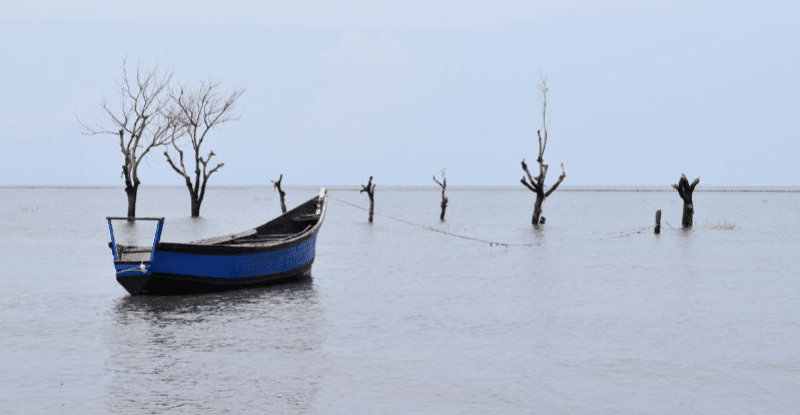
- The Tilenga, Kingfisher and EACOP oil projects in Uganda have caused new harms for human rights, including labour rights violations and environmental degradation. Previously documented patterns of abuses, such as impacts on communities’ land rights, have also continued.
- The growing deployment of security forces around oil sites, particularly in Kingfisher, has led to the most serious violations, such as forced evictions, extortion, and gender-based violence. The fear and suffering created by this environment have been worsened by the actions of CNOOC at the site and a lack of oversight by TotalEnergies, the lead investor in the projects.
- Women face economic exclusion and heightened vulnerability to sexual and gender-based violence. Cases of sexual exploitation committed by members of security forces and company personnel were documented.
- The report extensively documents an uptick in state repression of human rights defenders in 2024.
Paris, Kampala, 12 December 2024. The accelerating construction of the EACOP, Tilenga and Kingfisher oil projects in Uganda has ushered in new human rights violations while it aggravated existing ones, a new report reveals. The projects are mainly owned and operated by TotalEnergies and the China National Offshore Oil Company (CNOOC) in cooperation with the governments of Uganda and Tanzania.
A follow-up to documentation efforts in 2020 and 2022, the report Heated: Human rights, frontline communities, and oil in Uganda is authored by the International Federation for Human Rights (FIDH), Avocats Sans Frontières (ASF) and the Civic Response on Environment and Development (CRED). It was made possible with Oxfam’s support.
“We are deeply concerned about the latest evolutions in the Albertine. Having displaced thousands of people, oil development is now significantly transforming the realities of local communities. Construction works, high inflation, pressure on land, deployment of security forces, and influx of workers have a considerable, combined impact on human rights. All actors – companies, the government, but also financiers, insurers, and shareholders providing a financial lifeline to the projects – should assess their involvement and take urgent steps to ensure they do not fuel human rights abuses,” said Sacha Feierabend, FIDH’s Senior Researcher on business and human rights.
Local communities and defenders face fear and repression
The most serious abuses are happening around the Kingfisher oil sites, where the Ugandan army, police and private security companies hired by oil businesses have been deployed to “protect the sites”, in the words of the officials themselves. Several cases of sexual exploitation were documented around the Kingfisher site, where military personnel have coerced women into sexual intercourse in exchange for freely selling fish, with company staff doing the same with the promise of jobs.
The army has reportedly carried out repeated arrests, extortion, and blatant mistreatments of community members to enforce restrictions on fishing, crippling the main source of livelihood in the area and instilling fear among residents. Testimonies spoke of hundreds of people evicted at gunpoint by security forces, with one instance during the COVID-19 pandemic affecting 769 people at once, many of whom were never able to return to their village.
CNOOC, as operator of Kingfisher, has a distinct responsibility in contributing to the shrinking civic space, and is taking no adequate measure to address serious violations on its doorstep. TotalEnergies, as the main investor in all the projects including Kingfisher, has failed to uphold its human rights duty to conduct effective due diligence.
The report also reveals an environment where sexual and gender-based violence is on the rise. Near Kingfisher and Tilenga, prostitution of women is described as a growing phenomenon. Underage girls are involved, which constitutes a form of sexual exploitation. The report also points out that women are suffering the most negative consequences of local economic transformations.
“New work opportunities linked to oil have been mainly reserved to young men, while fishing restrictions have taken a toll on a traditionally male economic activity. Women and girls face stronger pressure to provide for their family while being largely excluded from the benefits of oil development,” said Bashir Twesigye, Executive Director at CRED.
Amid a general shrinking of civic space, the rights to peaceful protest and freedom of association are increasingly restricted, with defenders and organisations facing surveillance, online smear campaigns and administrative harassment. Between May and early December 2024, at least 96 activists opposing the oil projects were arrested by Ugandan authorities.



